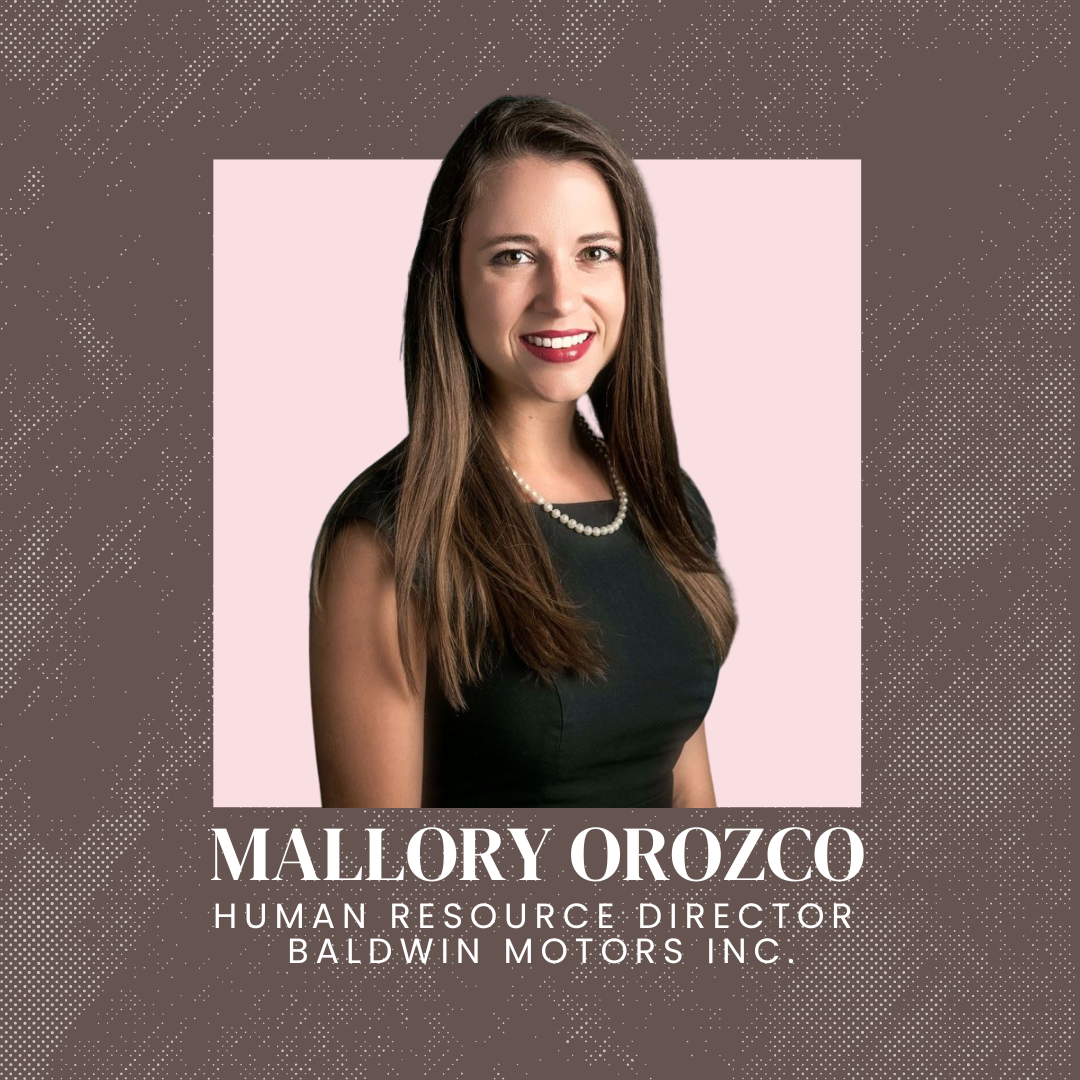CATEGORIES
Education and Life Skills | People We Admire | Social ImpactOverview:
- Mallory Orozco is a Human Resources Director at Baldwin Motors Inc., a motor vehicle manufacturing company based in Louisiana, USA founded in 1950.
- Hailing from the outskirts of New Orleans, Mallory shares her experience and resilience as a woman in a male-dominated industry.
- In this #PeopleWeAdmire series, Mallory shares her outlook on the changing needs of human resources in the landscape of the automotive industry.
- She talks about how to find the right and best talents and retain them, to break barriers in the workplace.
1. Could you share a little bit about your childhood and how your early experiences influenced who you are today?
I grew up on the outskirts of New Orleans with my parents and younger brother and sister. Our family was all very close; the entire family, both Mom’s side and Dad’s, lived in the same neighborhood.
My mom’s side immigrated from Europe a few generations ago with almost nothing when they got here. As for my dad’s side, they were mostly farmers who have been happy to call Mississippi “home” for as long as they can remember. My family had to work hard for what they had. Growing up, we were not financially wealthy people, but we had a happy life and we never went without. My parents always told us love is what makes a person rich, not money, and that we were very rich.
We were taught from a very young age that work ethic, education, and doing the right thing were very important. We didn’t miss school, even for a day, unless we were sick enough to go to the doctor. I was the first person in my family to get my college degree right after high school. Though she waited until she was an adult, my mom did eventually finish college while raising kids and working full time, and she even continued on to get her master’s degree and become a teacher. Telling us the importance of education was not enough – she wanted to show us. I plan to follow in her footsteps and get my master’s degree in the future and maybe even a doctorate someday.
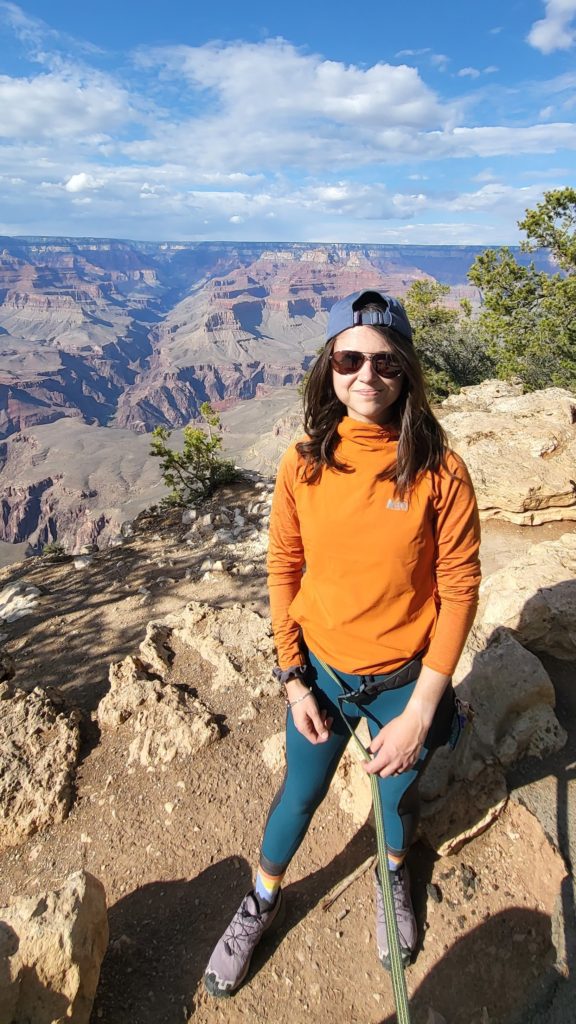
2. What are your most important life values and how do you think they have contributed to your career progression, especially with your current position at Baldwin Motors?
Kindness and empathy are my biggest values, and funny enough I was thinking about this the other day. It may sound silly but my toddler has been very into Disney movies lately and has been watching Pocahontas (1995), Toy Story (1995), and a lot of the movies that I grew up with and it reminded me that those movies specifically feel like they shaped me from such a young age. When I was a little girl, one song in Pocahontas particularly stuck with me. It’s titled Colors of the Wind, which talks about how “every rock, every tree, every creature has a life, has a spirit, has a name.” The song made me understand that everyone has feelings and what we do affects not only the people around us but also has a ripple effect. Our actions have consequences – positive or negative.
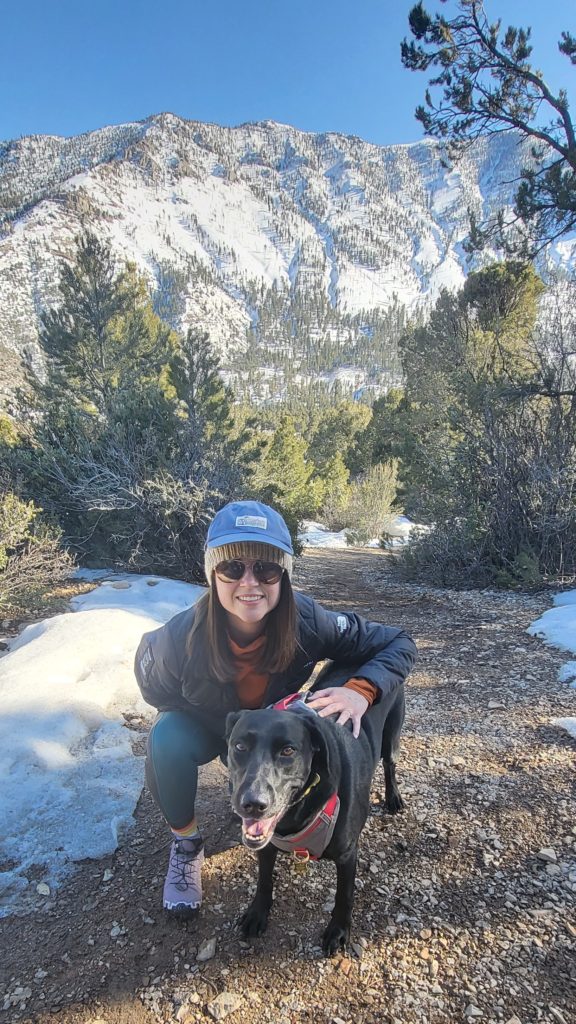
Another important life value that I adhere to is being adaptable. Back in 2005 when Hurricane Katrina hit and wiped out the city of New Orleans, like thousands of others, we had to evacuate. For months, we lived with people we didn’t know, went to new schools, made new friends, and had no idea where we would go home to. When we returned, home was not the same; friends had left, favorite restaurants were destroyed, and crime was rampant. Not long after, my family moved to a new town that was not very friendly towards anyone moving from the New Orleans area. Being a shy kid, this was all incredibly challenging, but challenges create growth and I was forced to face those challenges head on.
I had to be adaptable to these changes. It’s a core value that has ultimately helped me in my current role and industry, because HR is continuously changing and automotive traditionally has a difficult time adapting to change. I’m hoping to help move it along. As a woman in a male-dominated field, I feel like it is also my job to provide perspective and create change as well as to help my peers with old-school thought processes adjust to these challenging changes.
3. How do you address the unique human resources needs of an automotive dealership compared to other industries?
The uniqueness here in automotive is that it is slow to change. However, with the millennials and Gen Zs entering the workforce, the industry doesn’t have much of a choice but to change. From the HR perspective, if we want to retain new talent, companies need to accommodate these generational demands.
A big challenge that I have in the automotive industry is getting my more experienced teammates to adapt. We have been in business since 1950. Some of my teammates have been in the business for 30+ years and some have even been with Baldwin for 20-30 years. Getting these very successful, experienced people to realize that the industry is changing is challenging. The industry is completely different from what it was 30 years ago or even five years ago. Currently, we’re working on transitioning towards the new demands of the industry and generations without making our employees feel like they are being pushed out. We want to help them grow with these changes as well.
Another challenge in the HR of the automotive industry is that it is and always has been very male-dominated. Thankfully, I have already made great strides towards adapting to and overcoming some of the challenges related to that. When I was new to the field, some of the men I worked with were rude and mean because they felt like a woman’s place, especially in the automotive industry, was in the office filing papers or answering phone calls. That was not my goal or what I worked through four years of college for. I had to prove my worth every day for several years and it has become my mission to help and ensure that the women who are coming into this industry and into our dealership will not have to struggle the same way my peers and I did several years ago.
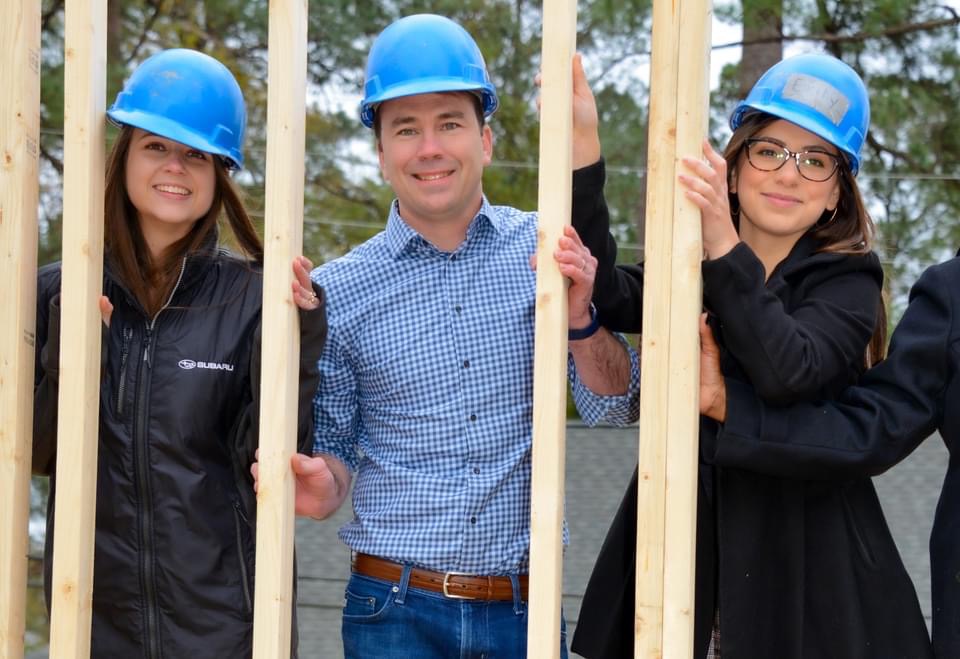
4. How do you decide that a talent fits your company?
I typically do a quick 15-minute get-to-know-you interview before the candidate ever meets with any of the managers, or anyone else at the dealership. The interview usually revolves around the candidate’s goals, ideal workplace, and the responsibilities they are looking for in the position they have applied to.
I want to know them as a person. One of the questions that I particularly like to ask a candidate is to describe themself in three words. When an applicant gives me terms like “trustworthy,” “kind,” or “friendly,” they tend to fit really well with our company because those words match our company values.
Ever since we opened in 1950, Baldwin Motors has said that we will not sell you a car, we will help you buy one. We say this because we see our business as a relationship-driven business. Hence, when an applicant describes themself as someone who can sell to anyone, that is great, but we are looking for someone who can build a relationship with everyone who walks through our doors, whether they purchase a car or not.
That 15-minute call is indicative of who will do well. It helps ensure our needs and expectations are aligned with the applicant’s needs and expectations. All the training in the world won’t fix a poor company culture fit, so we prioritize values and attitude.
After that quick get-to-know-you questions segment, if we find that the candidate is someone who likely fits well into the company culture and shares the company’s values, we then move them to the second and final round where we meet in-person to talk more in depth about the actual position expectations, and what a typical workday looks like.
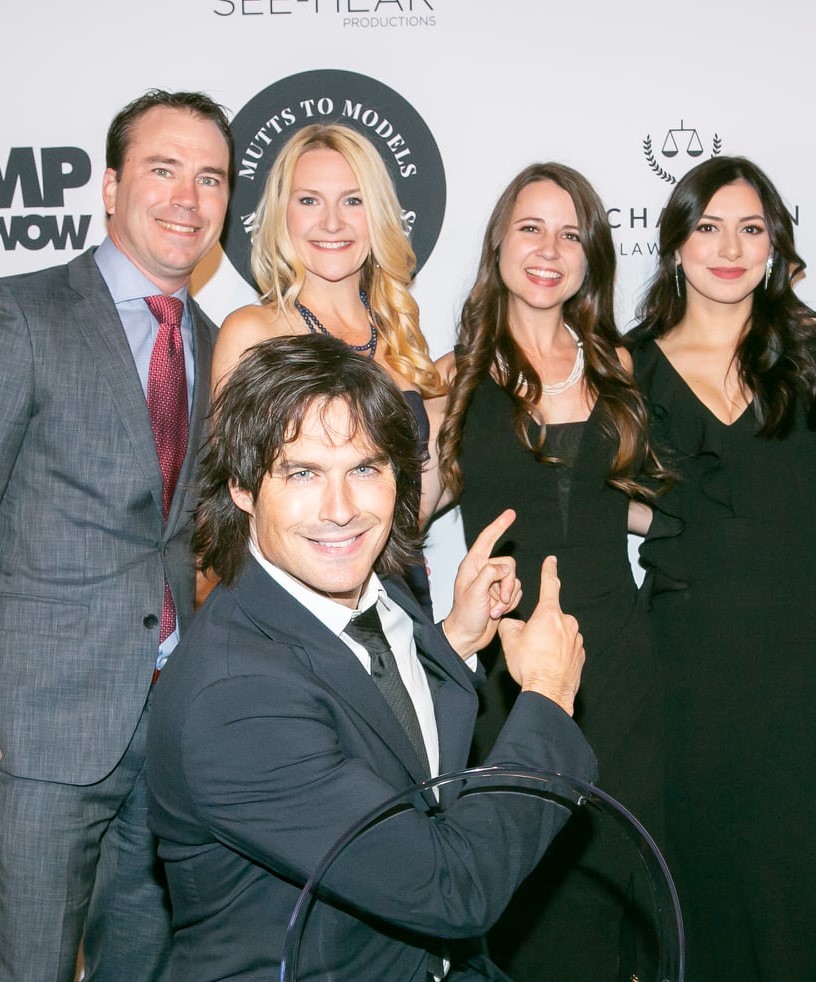
5. How do you make sure that you can retain the employees and help them fulfill their potential at your company?
I try to give applicants and new hires a very realistic expectation of what their position is going to look like. We show the new hires what a day in the position they’re vying for is going to look like so that when they do start, they know what to expect. We do not just throw them to the sharks.
We give our new hires an agenda for their first week with the company that includes training expectations and job shadowing.
However, the biggest task for me is with my management team. I make sure that when these managers are interviewing applicants, they are also expressing what a day in the role and at our company looks like, what the expectations are, and in general, ensuring that both the applicant and the manager have this common understanding of whether the applicant and the position and company are good fits for each other. Our management team also tries to be intentional about learning the values of the candidates and about what they are looking for in a team and a position.
One of the other ways we are successful in retaining employees and helping them fulfill their potential is ensuring we do not hire out of necessity. Hiring is sometimes a slow process, but typically, when we take our time and hire a good fit, they do last longer.
However, the managers are integral in the retaining process. I meet with my management team regularly to ensure they are teaching, coaching, and training their new hires as well as meeting with them one-on-one at least once a week. In our industry, we see rapid fluctuations depending on the day, week and month. One week may be so slow it’s almost boring and the next you’re so busy you don’t get to sit down for lunch. It can be a bit scary or intimidating because as a new hire, you may not know what to expect or plan for. For example, February is typically one of the slowest months of the year, and if you are in a commission-based position, you are probably going to make a lot less money than you would in April or May when tax returns are common.
So, to retain our talents, we keep our communications open with our managers to ensure we’re aware of and addressing anything that may be hindering employees’ performance, conflicts with colleagues, or processes that may be misunderstood. We conduct regular check-ins to make sure we are meeting our employees’ expectations and that they are also meeting the company’s expectations. It’s not a perfect science, and we sometimes fail, but we try to continuously adapt our processes to the changing needs and expectations of the industry, our employees, and applicants.
6. What is the importance of having a work culture that is empowering and allows employees to break barriers?
Back in 1950 when the dealership was first founded, most car buyers were middle-aged white men. But in today’s age, we see more people of different races and genders coming in and buying cars. So, you’re interacting with a very diverse group of people, and each person has their own ideas that come from their different life experiences. That said, we have valued the importance of diversity and have shown inclusivity in the type of company benefits that we provide our employees.
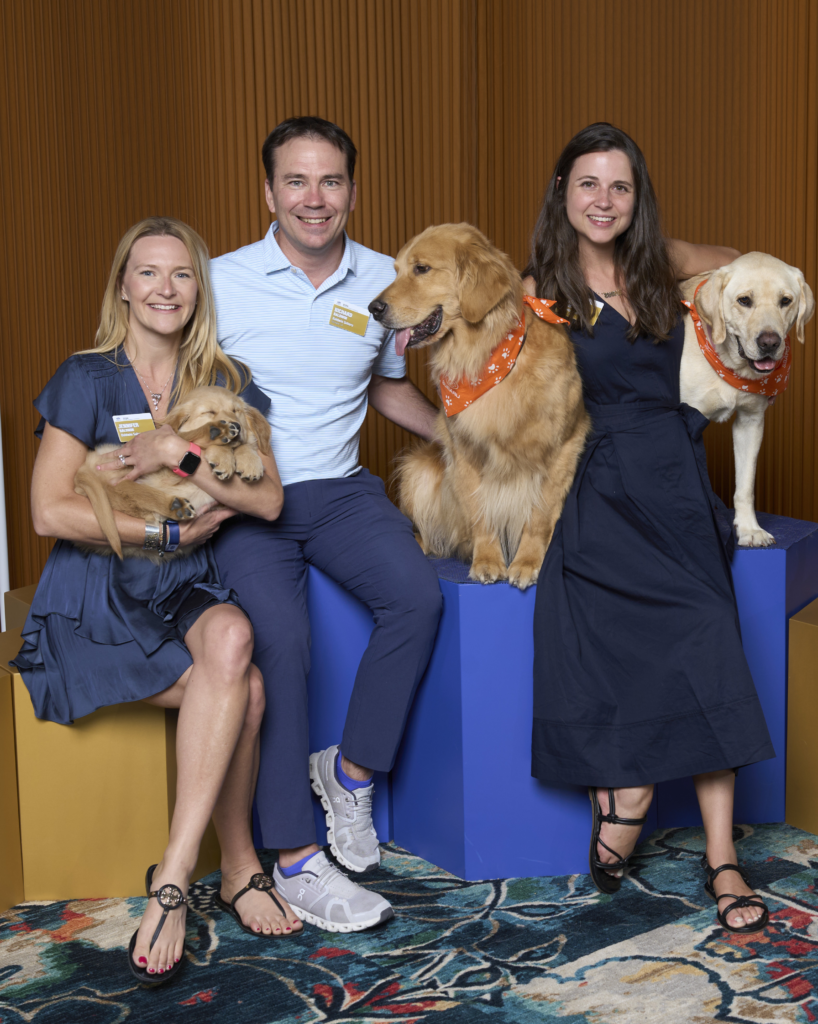
For instance, we have a parental leave policy that gives time off for both parents – not just the parent who gave birth. We think it’s important to allow all new parents time with their new babies and to support their partner in recovery. We want to break barriers by having a different mindset and bringing fresh perspectives to the table.
Moreover, I am also about women’s empowerment in the workplace. Traditionally, women had a hard time getting jobs outside the secretarial field or administrative roles in automotive. We had to always prove ourselves in several male-dominated fields. These barriers rooted in gender roles are something we want to remove in the automotive industry. We want to have a work culture that removes all possible barriers. For instance, we have single moms who traditionally wouldn’t be able to work a sales role because of the traditional working hours, but we removed that barrier by modifying the schedules. In addition to modifying schedules, we have offered alternate job roles and flexibility to mothers who would otherwise be limited because of family obligations. We want to create positions that are going to allow women and others who wouldn’t traditionally be given opportunities for these roles the opportunity to excel and succeed. We do our best to provide our employees with tools and accommodations that help ensure they are not held back from reaching their full potential.
7. What helps you unwind and what do you do to relax after a long day besides playing with your kids?
I love playing with my girls, but once they go to bed, my favorite way to relax is having a nice glass of bourbon with my husband while we talk over whichever TV show we put on. I enjoy being in nature – hiking in it, driving through it, or just sitting on the back porch. I recently did a cross-country, 30-hour drive from Georgia to Nevada for the second time, driving through the mountains and the desert – lots of different scenery. If I could drive through the mountains every evening, that would be such a refreshing reset for me, seeing the beauty of nature and thinking about how it came to be.
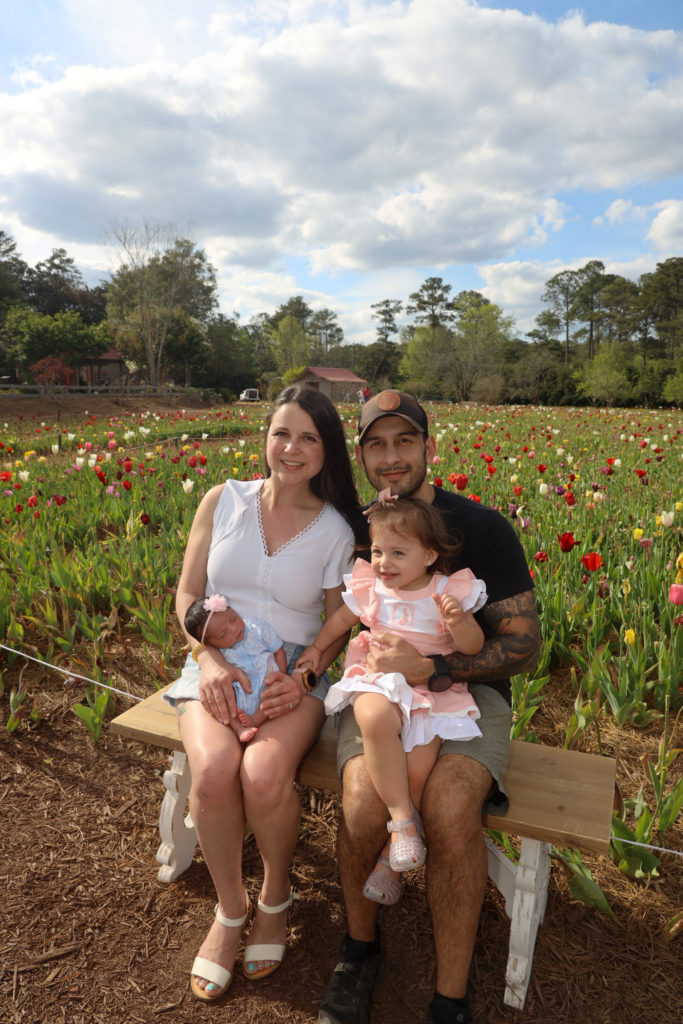
When driving through the mountains in the evening is not an option, which unfortunately is most days, I enjoy having a glass of tea while I work on a puzzle. I am currently working on a 2,000-piece puzzle of some classic ‘80s and ‘90s movies.
Conclusion:
Mallory Orozco grew up in a close-knit, hardworking family, which contributed to her upbringing of valuing education, doing the right thing, and hard work. She values kindness, empathy, and adaptability which have been instrumental in her career path. Working at Baldwin Motors Inc., she addresses the unique HR needs of the automotive industry by fostering a work culture that emphasizes empowerment and breaking barriers.

